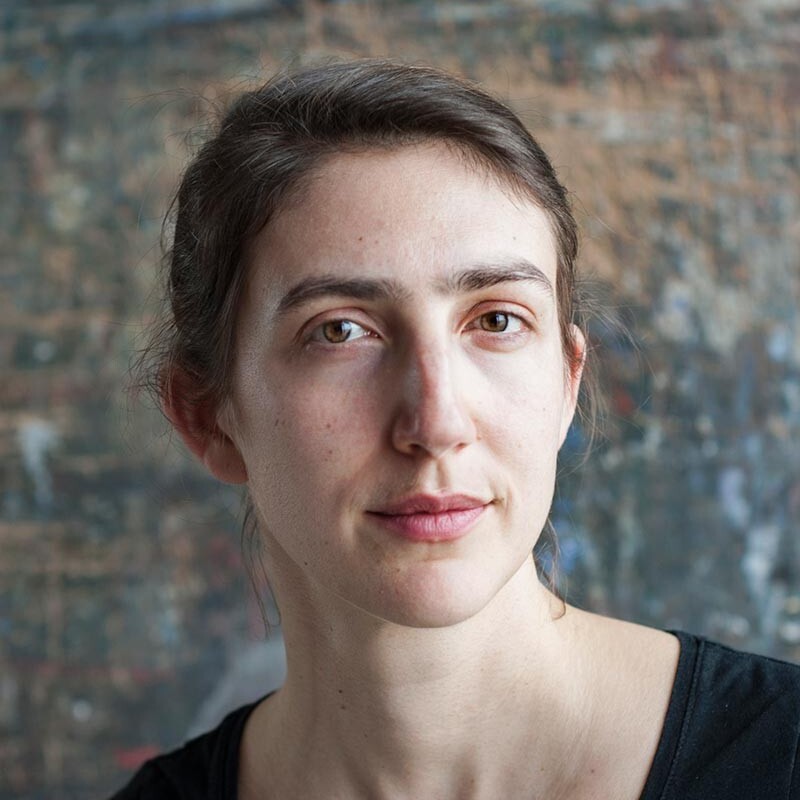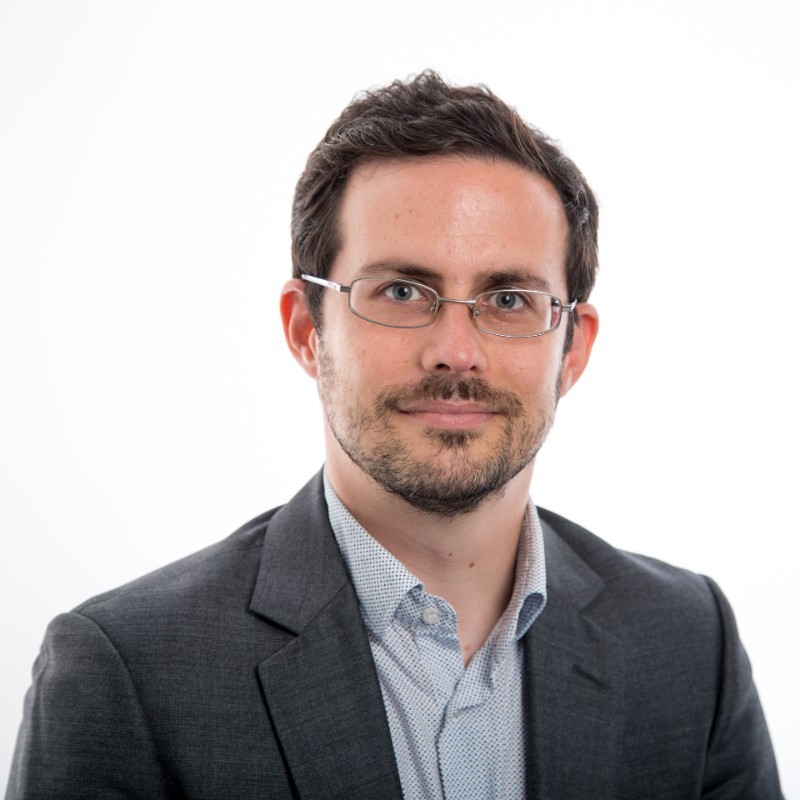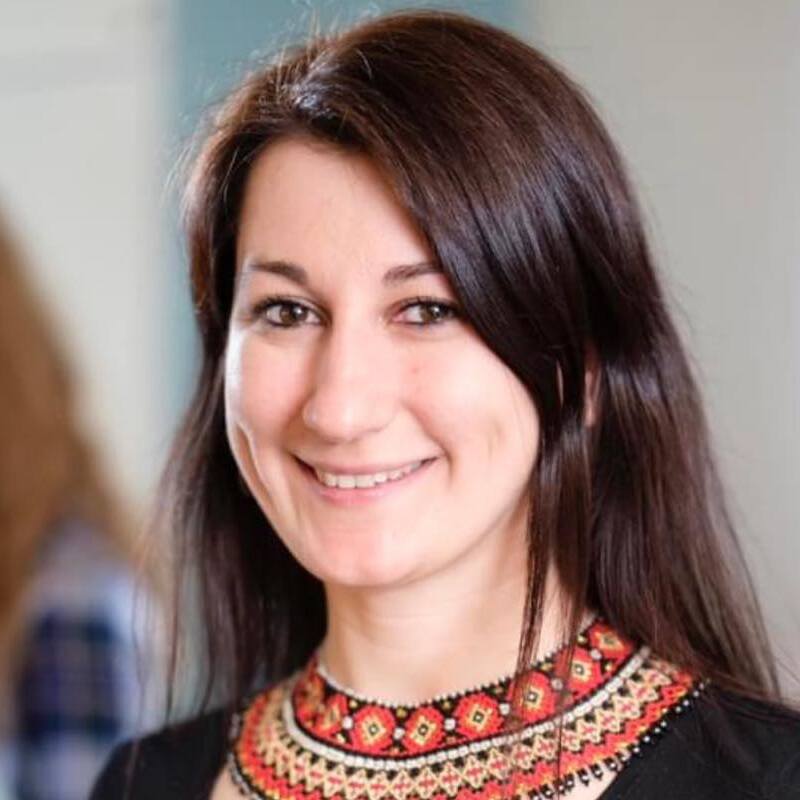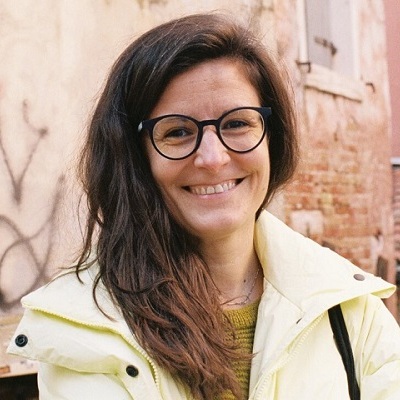
- Date
- 22 May 2025, 18:15-19:45 (CEST)
- Location
- House of European History, 135 Rue Belliard/straat, 1000 Brussels, Belgium
In the context of the current exhibition Presence of the Past – a European Album — that reveals how Europeans engage with the past in their everyday lives through documentary photography — the museum will facilitate a panel discussion on the role and significance of public memory policies.
Over the past decades, European institutions, governments, non-governmental organisations, cultural institutions and individual citizens have turned to the evocation of the past and the transmission of memory as a major tool in the democratisation and pacification of societies, hoping to promote tolerance, inclusion and equality.
Taking stock of this development, on 19 September 2019, the European Parliament adopted a resolution affirming this “importance of European remembrance for the future of Europe”. However, in recent years, the rise of populism, far-right parties and hate crimes has led to a reconsideration of the assumed effect of memorial policies, and a new approach has been called for.
During the roundtable, experts in European policies and memory studies will examine what the European “culture of remembrance” actually means to Europeans today. They will reflect on how European values are promoted through memory and engage with the audience on this topic.
"European Dialogues" is an initiative of Institut Français and the French Embassy in Brussels aimed at fostering a better understanding of the narratives that shape local contexts and support citizen participation in the democratic debate and process in Europe. As a partner of this year’s edition, the House of European History hosts a three-day event with young Europeans as well as two public roundtables.
Practical information
- When
- Thursday 22 May 2025 at 18.15
- Where
- House of European History Auditorium
- Language
- English
- Cost
- Participation is free.
- Registration
- Registration is mandatory via the link above.
Speakers




